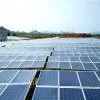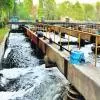HeidelbergCement to build carbon neutral plant to tackle emissions
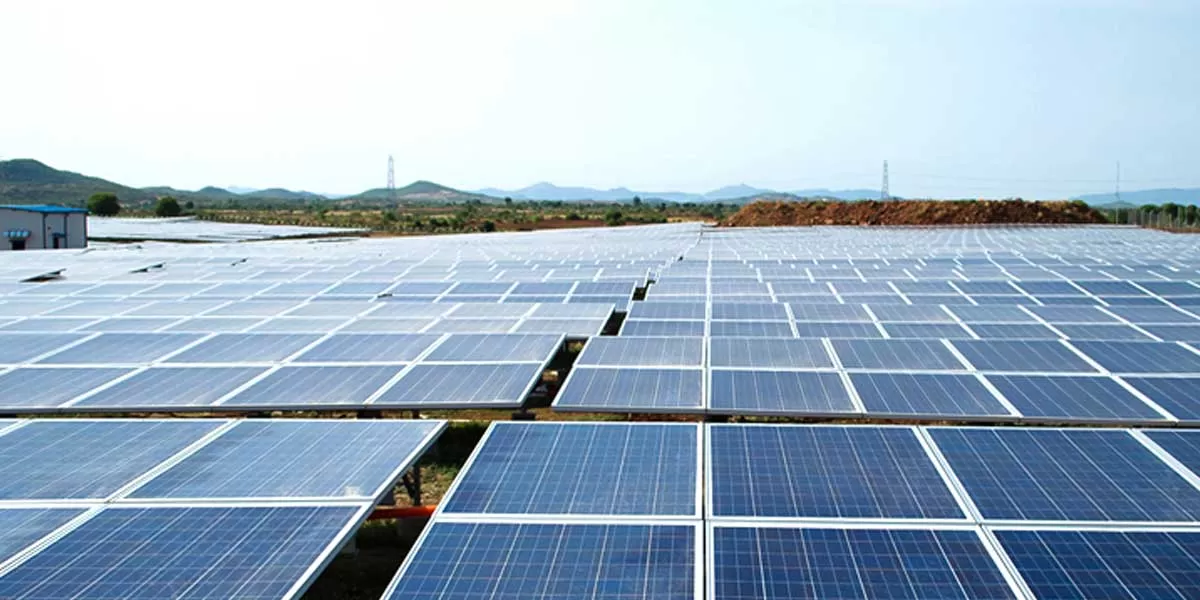
KPCL to Establish Solar Projects at Thermal Power Stations in Karnataka
In line with the Energy Department’s initiative to boost renewable energy capacity, Karnataka Power Corporation Limited (KPCL) will install ground-mounted solar power projects across three of its thermal power stations in the state. The 100.1 MW projects will be located at Ballari Thermal Power Station (BTPS), Yermarus Thermal Power Station (YTPS), and Raichur Thermal Power Station (RTPS), with an estimated cost of ?411.4 crore. The project will be overseen by Tehri Hydro Development Corporation (THDC), a public-sector enterprise under National Thermal Power Corporation Limited, which has a..
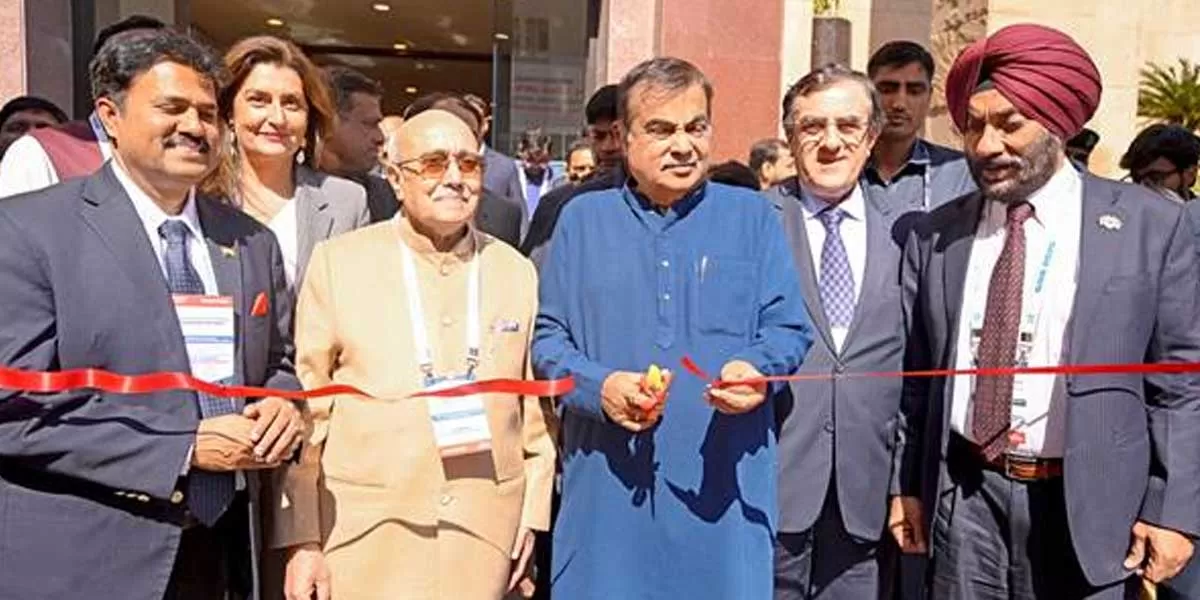
Nitin Gadkari Emphasises Urgent Need for Enhanced Road Safety Measures
Union Minister for Road Transport and Highways, Nitin Gadkari, stressed the immediate need for improved road safety measures and urged the road construction sector to adopt new technologies and sustainable construction materials. Speaking at the two-day Global Road Infratech Summit & Expo (GRIS) in New Delhi, with the theme "Vision Zero: Sustainable Infratech and Policy for Safer Roads," Shri Gadkari pointed out that a significant number of road accidents in India occur due to inadequate civil engineering practices in road design, construction, and management, as well as poor road signage and ..
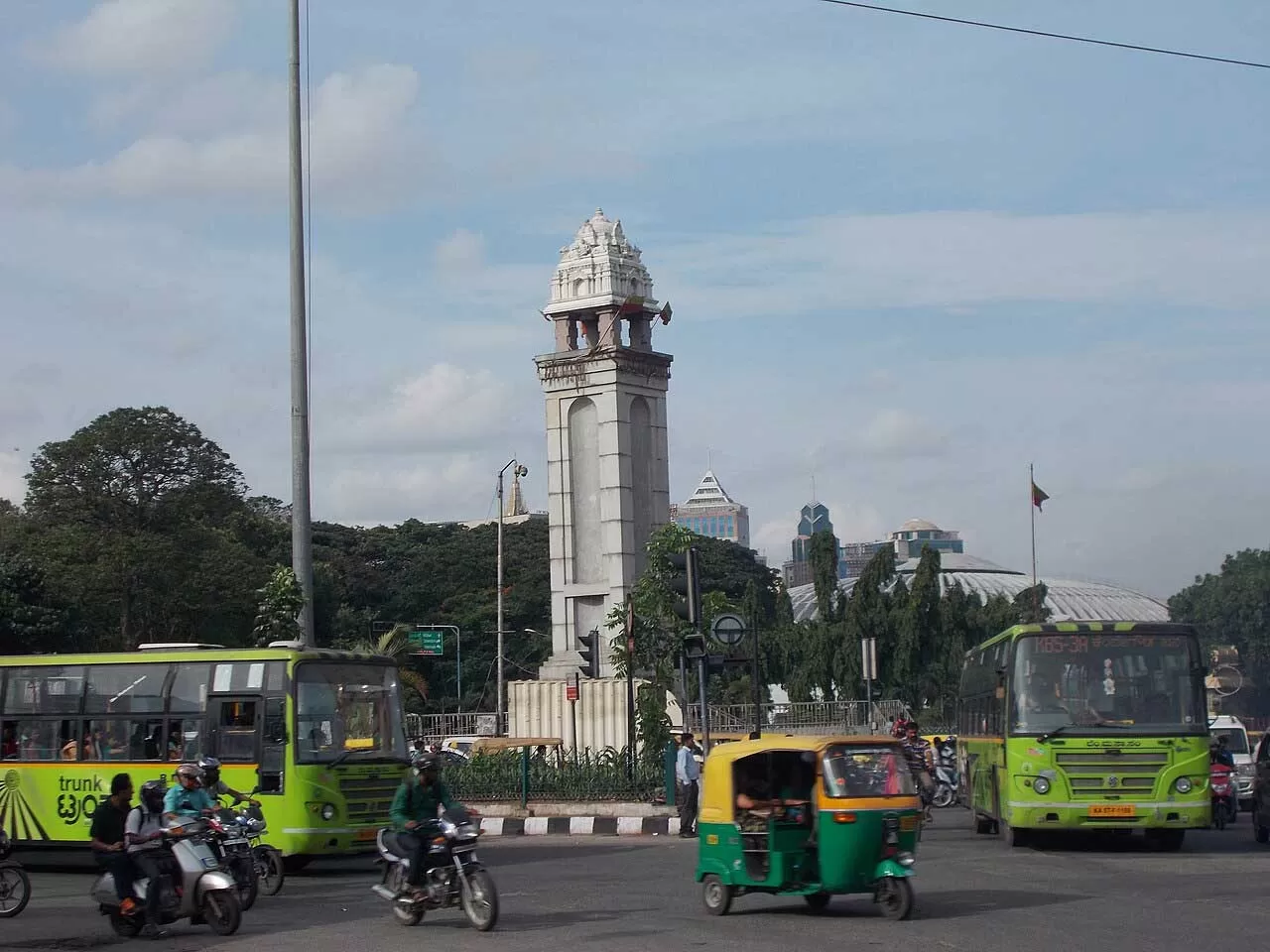
BBMP Extends Deadline for KR Puram-Nayandahalli Tunnel DPR
Following a failed attempt at securing a consultancy firm for the Detailed Project Report (DPR) of the Hebbal-Silkboard vehicular tunnel in Bengaluru, the Bruhat Bengaluru Mahanagara Palike (BBMP) is now seeking firms to prepare the DPR for the 28 km double-decker tunnel connecting KR Puram and Nayandahalli. The BBMP extended the deadline for bid submissions to March 11 after receiving no responses initially. The BBMP had first invited tenders for the tunnel project on January 25 but faced no interest from consultancy firms. A second call for bids was made on February 15. The BBMP had also pr..




